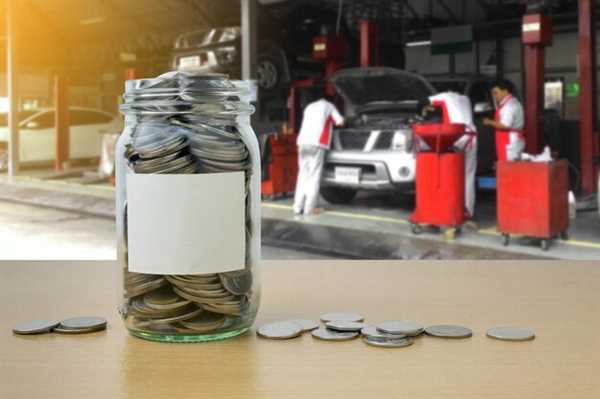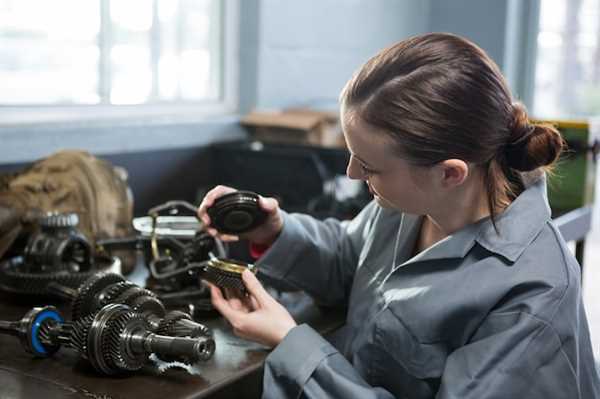
Focus on local auto recyclers to significantly reduce expenses. These facilities often possess an extensive inventory of reclaimed items that are both affordable and in good condition. Establishing a relationship with these businesses might yield future discounts and priority access to incoming stock.
Attend auctions and salvage yard sales regularly. Engaging in these events not only provides access to valuable components at lower prices but also enables negotiation opportunities, which can further enhance savings. Research upcoming events in advance to ensure participation.
Join online forums and social media groups dedicated to enthusiasts. These communities can be excellent resources for exchanging tips, finding rare finds, and even arranging trades. Members frequently list items they no longer need, making it possible to acquire necessary components without breaking the bank.
Consider refurbished options. Some vendors specialize in restoring used components to meet performance standards, offering a balance between quality and cost-effectiveness. Always ensure you’re purchasing from a reputable source to avoid potential issues down the line.
Researching Reliable Sources for Salvage Parts
Begin with local junkyards and auto recycler directories, which often list available components. Check for online platforms like Copart or IAAI that specialize in vehicle auctions, offering a range of components at competitive prices. Verify the seller’s reputation through customer reviews and ratings on various forums or social media platforms.
Explore community groups on platforms such as Facebook or Reddit, focusing on automotive repair enthusiasts. These groups frequently share leads on trusted suppliers and personal experiences, providing insights into fair prices and quality items.
Seek out specialty forums dedicated to your vehicle make and model. Many members frequently offer spare components or can recommend reputable sellers, helping to connect you with trustworthy sources directly.
Inspect warranties or guarantees offered by the seller. A reliable provider will stand by the quality of their inventory, ensuring you won’t encounter unexpected costs down the line. Always ask about return policies, as they can save headaches in case the component does not meet your expectations.
Utilize part compatibility tools available on automotive websites to confirm that the components you’re considering will fit your vehicle. This step minimizes the risk of purchasing unusable items that could lead to additional expenses.
Negotiating Prices with Salvage Yards

Approach the conversation prepared with research on typical pricing for items of interest. Knowing average costs or actual values will give you leverage and credibility during discussions.
Inquire about bulk deals. Offering to purchase multiple items at once increases your chances of receiving discounts. Yard operators often prefer selling several components in one transaction rather than individually.
Highlight the condition and demand for the components you want. If you can demonstrate that certain parts are in high demand or rare, they may be more willing to negotiate on price.
Express your interest in a specific part, but don’t show desperation. Maintaining a balanced demeanor can make the seller more inclined to offer concessions.
Ask about their pricing strategy. Understanding their approach can reveal room for negotiation. If they mention overstock or items they’re eager to move, use this information to your advantage.
Establish a rapport with the yard staff. Building a friendly connection might lead to better deals and a willingness to negotiate. People are often more inclined to assist those they like.
Don’t hesitate to walk away if you feel the deal doesn’t meet your budget. Sometimes, just showing that you’re considering other options can prompt a better offer.
Always inquire about warranties or return policies. This can provide additional value in your transaction. If they offer guarantees, consider factoring this into your final negotiation.
Identifying Quality Parts to Maximize Value

Examine the part’s condition before purchase. Look for signs of wear, corrosion, or damage. A well-preserved component often indicates better durability.
Request a detailed history of the item. Understanding how it was used can reveal its reliability and potential lifespan.
Compare prices across various sources. This can help in determining fair market value, allowing you to make informed choices.
Consider purchasing from reputable dealers or certified recyclers. Established businesses typically provide warranties or guarantees, ensuring coverage for defects.
Inspect the brand and model compatibility. Parts manufactured by the original equipment manufacturer usually promise better performance and longevity compared to generic alternatives.
Seek reviews or testimonials from previous customers. Positive feedback can be an indicator of quality and customer satisfaction.
Ask for certifications or authenticity tags, if applicable. Certified parts are often tested for quality, ensuring a safer and more reliable purchase.
Evaluate the return policy of the seller. A flexible policy can provide reassurance and options in case the item does not meet expectations.
Research online marketplaces for buyer ratings and seller reliability. High ratings and positive interactions can signify trustworthy transactions.
Verify the part’s compatibility with specific models. Mismatches may lead to inefficient performance or require additional modifications.


